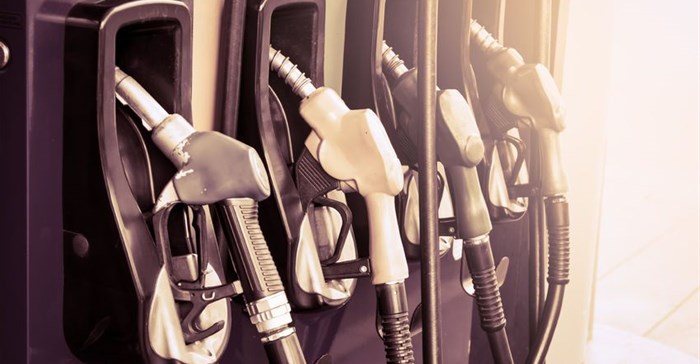
Top stories






AutomotiveHilux Custom Builds offers purpose-built solutions for your business
Toyota South Africa Motors 16 Feb 2026
More news


Marketing & Media
Ads are coming to AI. Does that really have to be such a bad thing?














The impact of driving habits on fuel consumption is often underestimated, but a few adjustments to driving behaviour can go a long way towards saving costs at the fuel pump.
By ensuring their drivers adopt smart driving habits, transport companies can decrease their fuel usage significantly.
Vehicles need to be checked on a regular basis as many factors can lead to increased fuel consumption.
At Innovative Staffing Solutions, drivers are required to conduct pre-route checks of tyres, brakes, leaks and lights, amongst others. This is in addition to the truck having been through the truck depot for fuel top-ups, tyre checks, mechanical checks and washing. I cannot stress this enough. Checking and re-checking is vital. Not only does it lead to fuel savings, it ensures greater safety on the country’s roads.
Adhering to steady speeds and consistent driving behaviour on South African roads is crucial. Constant accelerating and braking result in high fuel consumption, as does consistently driving at high speeds.
While there are obviously times when these actions are necessary, evenly maintained speeds are the hallmark of an excellent driver and lower fuel consumption.
Keeping tyres inflated at the correct pressure results in less resistance on the roads and less fuel usage.
Keeping wheels aligned and tyres at the right pressure not only reduces fuel consumption, it also reduces wear and tear on tyres. A good rule of thumb for transport companies is to frequently check tyres and wheels alignment or after incidents such as hitting a pothole or curb.
Driving in higher gears, where applicable, also reduces fuel consumption. This should not be done at the cost of placing lives in danger, straining the engine or allowing the revs to drop too much.
To use – or not to use – the fuel-guzzling aircon? This is a tricky one. Truck drivers on South African roads often have to travel in the heat of the day, which can lead to drowsiness.
Drivers need to be cognisant of changes in temperature and make sure they switch their aircons off when they don’t need them.
Also, when they’re travelling at slower speeds, they can also open a window instead of using the aircon.
Most transport companies pre-plan their routes. Sometimes, however, avoiding main highways during highly congested periods – or when an accident has caused a major bottleneck – can lead to significant fuel savings, even if the trip is slightly longer.
These days, technology in the form of convenient traffic apps, allow drivers to check for alternative routes when roads are chocked up.